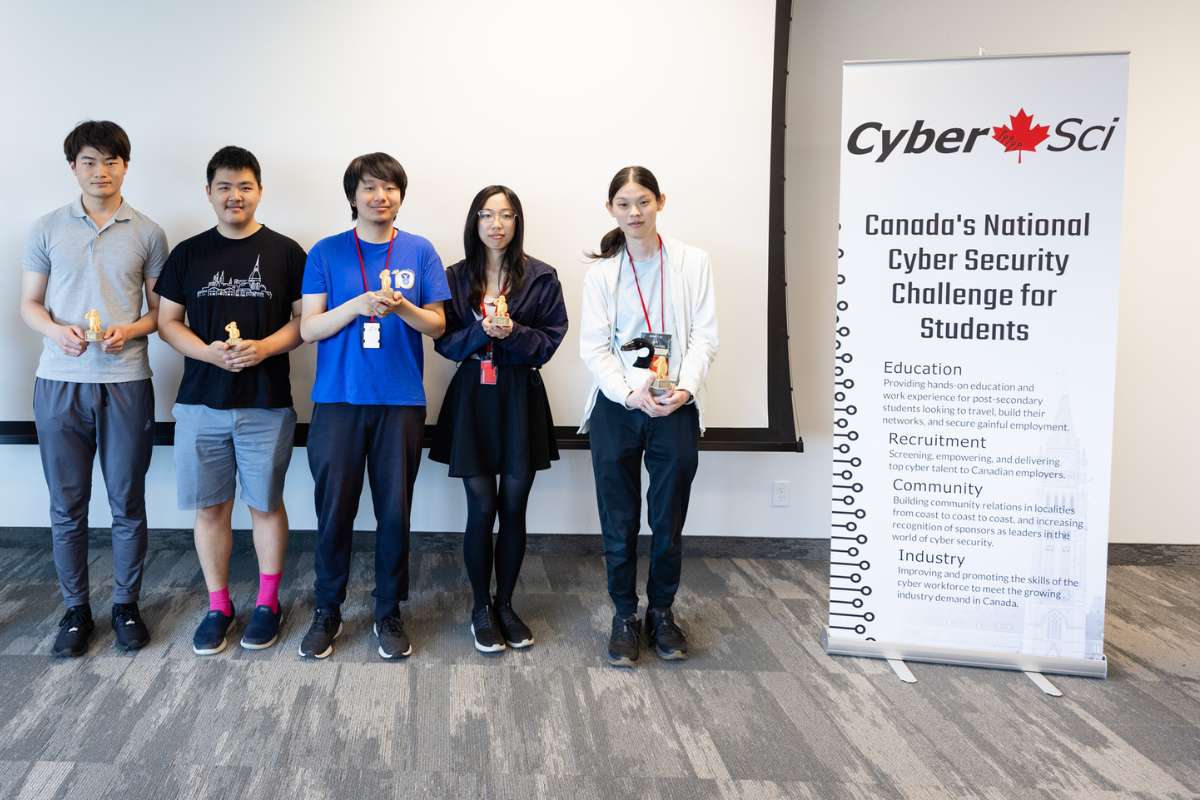At the recently concluded ISC West 2025 conference in Las Vegas, cybersecurity took center stage as nearly 29,000 security professionals from around the world gathered to discuss the latest industry trends. One of the most anticipated events of the conference was the keynote address by Rachel Wilson, Director of Cybersecurity at Morgan Stanley Wealth Management and a veteran of the U.S. National Security Agency (NSA).
Wilson, a highly respected figure in the cybersecurity world, used the platform to raise urgent concerns about the rapidly evolving digital threat landscape. “Cybersecurity is not about perfection,” she told the audience. “It’s about not being the sickest gazelle in the herd.” Her statement set the tone for a keynote that focused on awareness, action, and resilience in an increasingly dangerous cyber environment.
Drawing on her extensive experience, including 15 years at the NSA, where she played a pivotal role in counterterrorism and cyber operations, Wilson painted a sobering picture of modern cybersecurity threats. She emphasized that today’s challenges are far more severe than ever before, describing the current environment as the most dangerous she has seen in her 25-year career.
ISC West 2025 Cybercrime Surges Beyond Government Espionage
Wilson highlighted a major shift in the nature of cyber threats over the past few years. Whereas nation-state actors previously dominated the cybersecurity landscape, she said that cybercriminal syndicates now represent the majority of malicious activity online. “Seventy percent of the malicious cyber traffic we see today is financially motivated and criminal in nature,” she explained.
According to Wilson, if cybercrime were recognized as a formal economy, it would be the third largest in the world, generating a staggering $11 trillion in revenue last year alone. “These criminals aren’t targeting you because of who you are; they’re targeting you because you’re vulnerable,” she warned, underscoring the opportunistic nature of modern-day cyberattacks.
The increasing sophistication and financial motivation of these criminals present a new set of challenges for organizations and individuals alike. With hacking tools more accessible than ever, virtually anyone can become a victim. Wilson’s keynote served as both a diagnosis and a call to action, urging leaders to fortify their defenses and take proactive steps.
Building Resilience in a High-Risk Digital Age
In the concluding part of her address, Wilson focused on resilience as the key to surviving in the ISC West 2025 cybersecurity landscape. She acknowledged that while the situation is dire, not all is lost. “Resilience is what will help us thrive in this new world,” she said, stressing the importance of routine best practices.
Wilson encouraged attendees to embrace cybersecurity habits like strong password hygiene, software updates, and awareness training that may not seem glamorous but are essential for safety. Comparing these habits to brushing teeth and eating healthy, she remarked, “It’s free, but that doesn’t mean it’s easy.”
As cyber threats grow in complexity and scale, the insights shared at ISC West 2025 served as a vital reminder that preparedness and vigilance are more important than ever. Wilson’s keynote left the audience with not only a greater understanding of the challenges ahead but also a renewed commitment to building digital resilience in every aspect of life.






